Essential oils have been used for thousands of years, but more recently we are seeing them used as home remedies for ailments, as skin care and even in recipes.
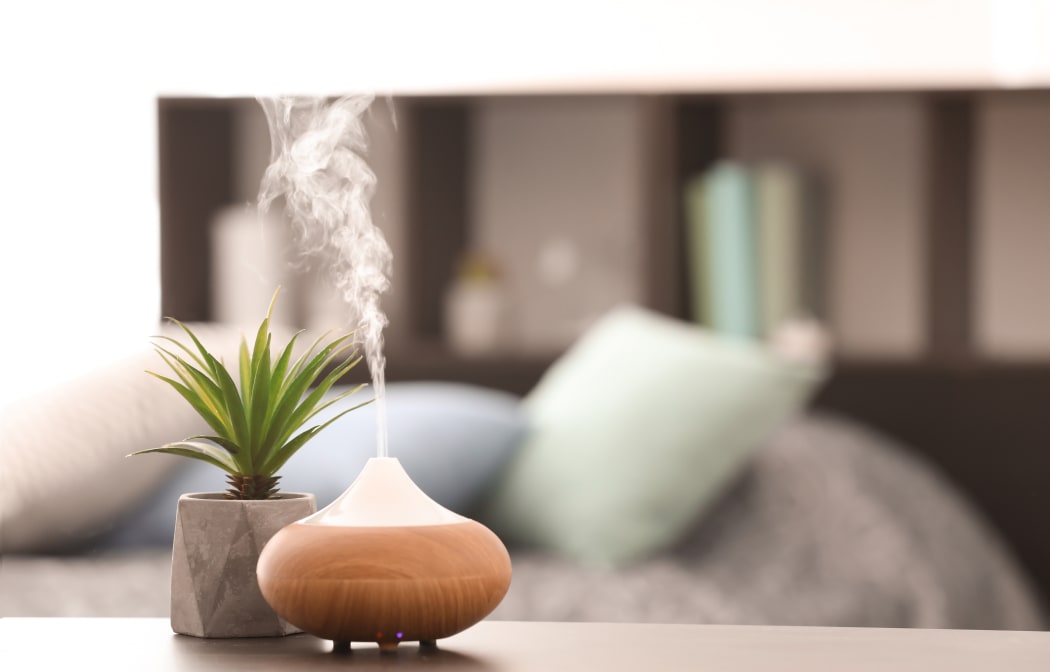
There are major concerns about essential oils being used in our food. Photo: 123rf.com/africa-studio.com Olga Yastremska and Leonid Yastremskiy
Subscribe to Healthy or Hoax for free on Apple Podcasts, Google Podcasts, Spotify, iHeart Radio or wherever you listen to your podcasts
The latter is a trend that is seriously concerning some experts.
"It's not something that's really designed to be ingested," food and nutrition writer Niki Bezzant told Healthy or Hoax host Stacey Morrison. "(Even) aroma therapists are quite alarmed about this development."
Bezzant said registered aromatherapists would very, very rarely recommend the use of oils to be ingested. And if they did, that would be only for a very short time and for very specific health concern.

In an interview with Healthy or Hoax host Stacey Morrison, Niki Bezzant warned against using essential oils in our food. Photo: RNZ Dan Cook / Supplied
Niki Bezzant said an investigation in Australia last year resulted in an article warning about the dangers of ingesting essential oils.
"They quoted the New South Wales Poisons Information Center, who say essential oils should not be consumed even in tiny amounts. And you can cause seizures, nausea, vomiting and chronic exposure can potentially cause organ damage.
"So a lot of the stuff about putting drops of oil into your water or putting drops of oil into your peppermint slice or whatever, we would be really, really wise to stay away from," said Bezzant.
The proliferation of multi-level marketing of essential oils online and through social media is problematic in many ways too.
"So they recruit people who can work from home and can promote and sell the oils to their friends. We're getting completely unqualified people recommending the use of these oils in ways that is not necessarily safe or in any way healthy."
"If someone's trying to sell you something, just really be very, very wary of any kind of health or therapeutic claims that they make."
MedSafe New Zealand has some specific warnings and there are some serious complications if you get it wrong.
Using essential oils
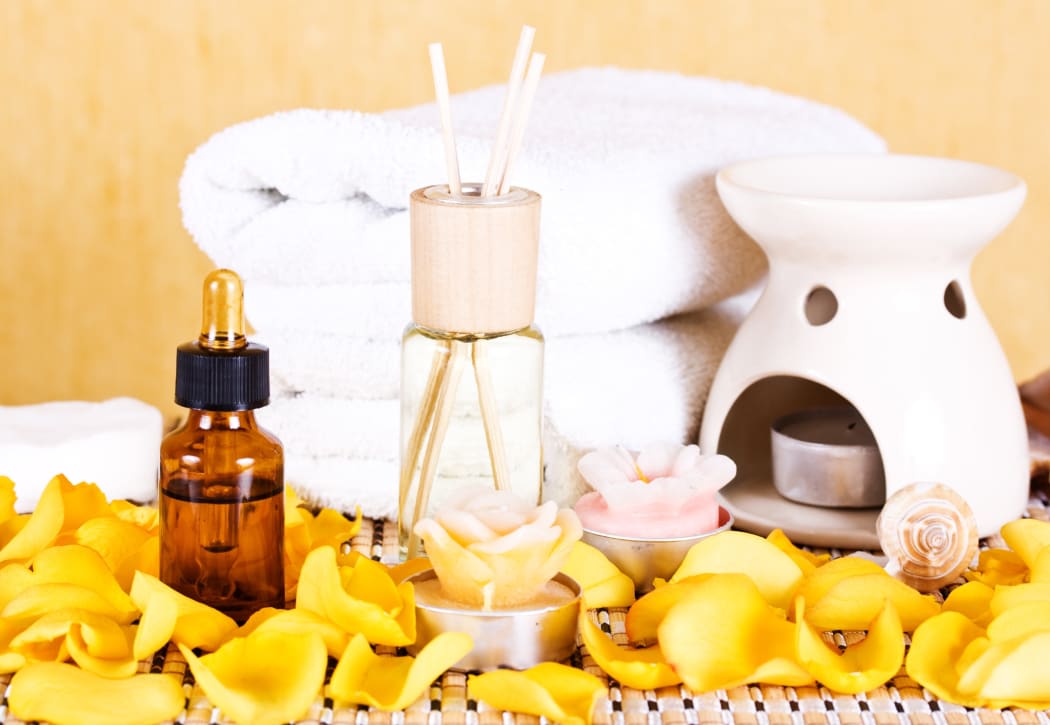
You need to know what you're doing with essential oils. Photo: irina1977/123RF
Jo Newsham is a Christchurch-based life coach and mother to three young children. But years (twenty-odd) ago she trained as a massage therapist and aromatherapist.
"I don't actively sell essential oils, but I do use them in my treatments as a form of therapy," she said.
She also uses essential oils in her everyday life.
"I will use tea tree if we've got a little cut or a graze. If we've got sniffles I will use eucalyptus and peppermint. I know exactly what's in there, there's no synthetic chemicals.
"Frankincense is one of my top oils for skin care. I personally find it noticeable if I don't use it. I think that I'm aging fairly well. But you know, you used to say it's down to the oil anyway, but while I feel it supports me, I will continue to use that.
"Lavender definitely makes me feel relaxed. I have a little boy who suffers with a little bit of anxiety. And, you know, it could be a placebo effect of course, but he finds comfort in that smell. And if that smell makes him feel more comfortable and less anxious, then then he should use that when he feels he wants to."
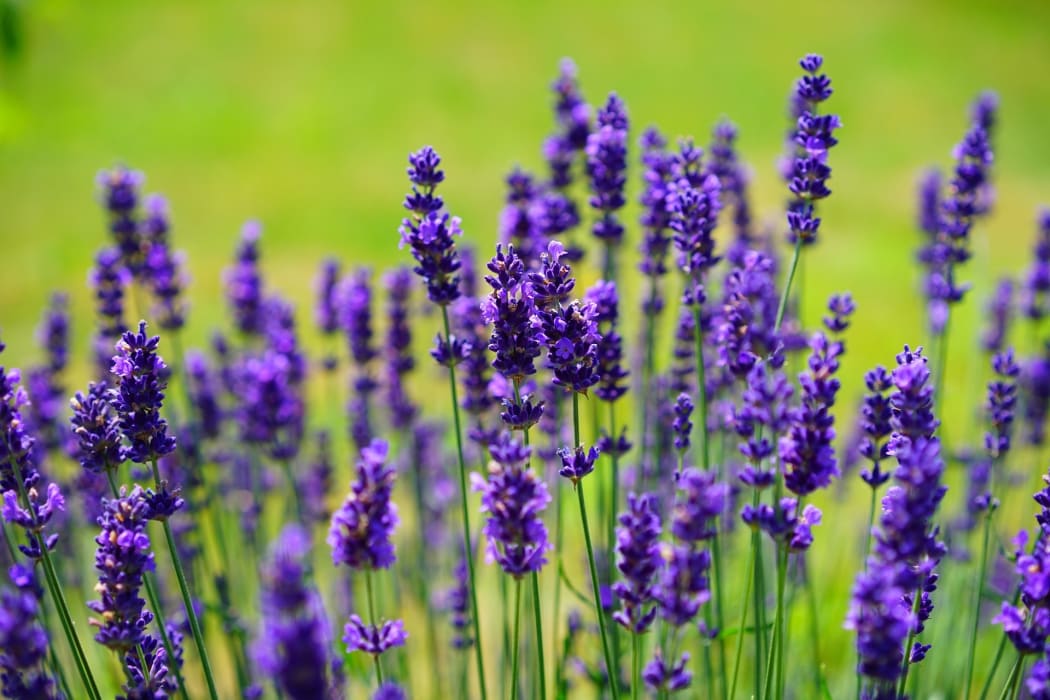
Jo Newsham uses lavender in her diffuser to help her relax. Photo: Pixabay
Newsham shares Bezzant's concerns around who is using and selling essential oils.
"Because you do need to know what you’re doing with essential oils," she said, "(Some oils) are toxic to some people. They are toxic to animals. And then also for children under five especially."
"You definitely need to have information on how you're using them, how accessible they are and how volatile they can be, including how they're meant to be stored. You know, what type of bottles they need to be stored in and they're not to be put in direct sunlight. There's so many little things that you just need to know."
Aromatherapy
Simon Malpas, professor of bioengineering and physiology at the University of Auckland, said smells can create a physiological response.
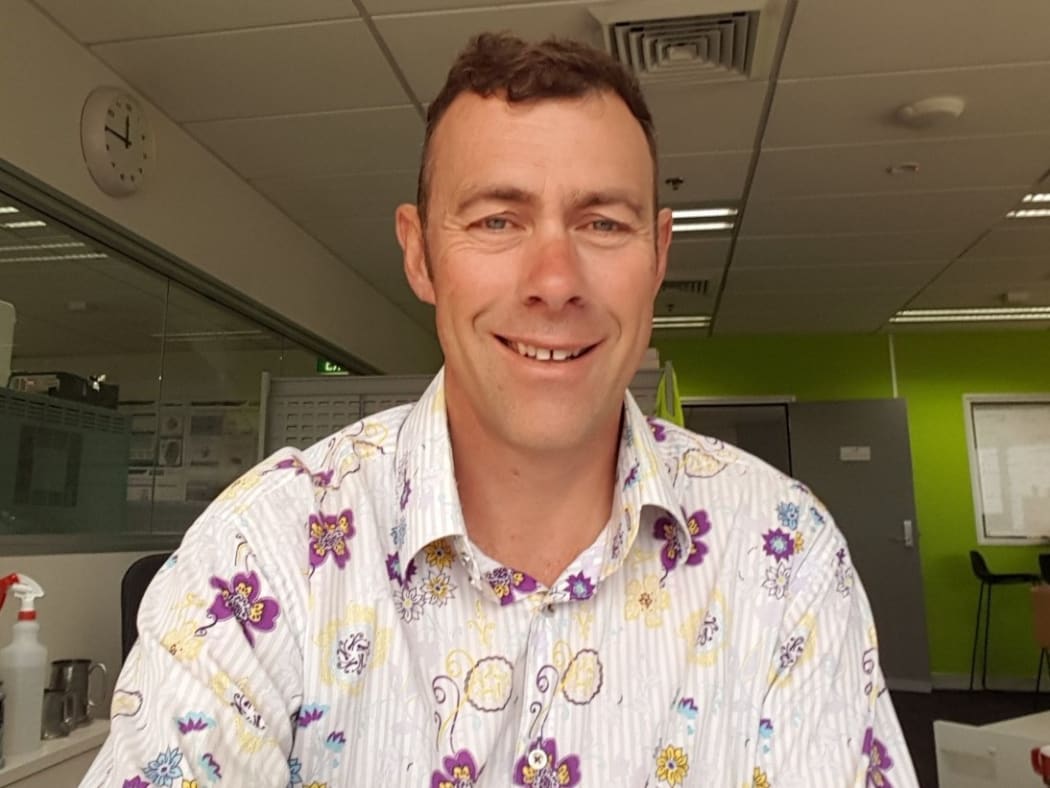
Professor Simon Malpas said smells can create a physiological response. Photo: Supplied
"A feeling of nausea can occur with certain smells," he said. "(And) we all know that if we smell a nice perfume or we smell a nice rose, there is a connection to between that visual and sensory input into the way our brain feels. We feel better.
"People in marketing and advertising have used that for hundreds and hundreds of years," he said.
But on the question of a 'nice' smell creating a positive response he said: "We start to get a little bit into the eye of the beholder."
And Malpas is less convinced of long-term health benefits, "(there's) not really a lot of evidence to support that.
Because, he said, the human body is just so good at adapting and acclimatising.
"This is where the problem is all throughout the treatment of disease by some drug therapies, sometimes the potency of the effect wears off with time.
"And certainly, if we take something that is relatively minor in its impact in terms of the physiological response, like smell, its impact longer term is pretty limited," he said.
"I was unable to find any scientific evidence that essential oils would translate into a long term chronic effect."
Essential oils on our skin
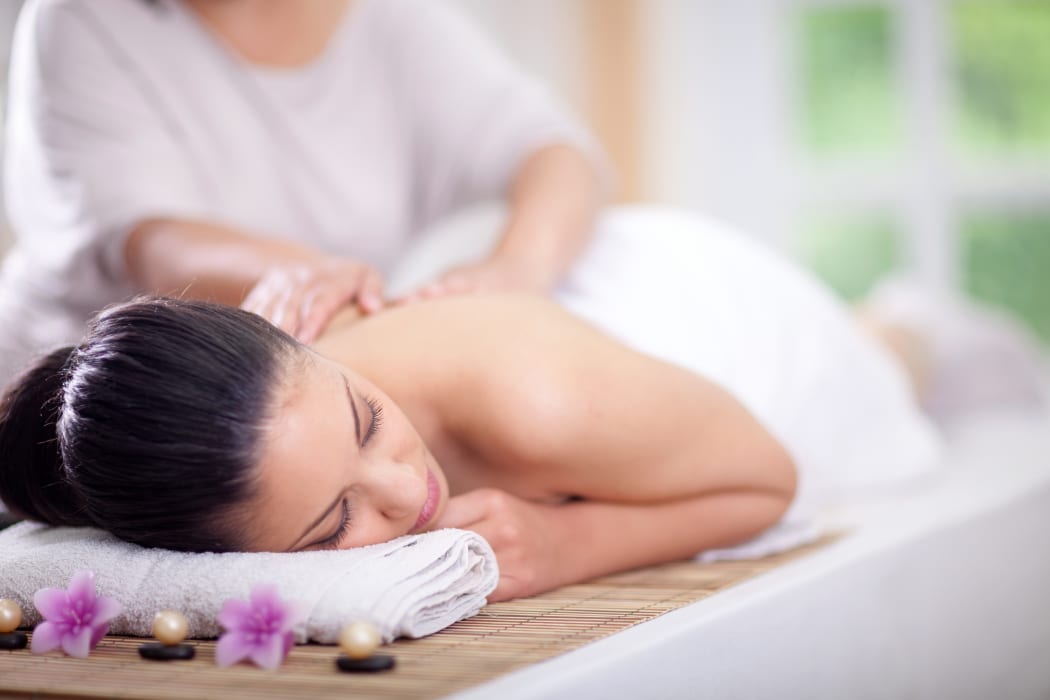
Our skin does absorb chemicals and Professor Simon Malpas warns just because it comes from nature doesn't mean it's safe. Photo: 123rf.com/Petar Dojkic
On using essential oils directly on our skin, Dr Malpas couldn't find any science to back up claims this would be healthy.
"Our skin does absorb chemicals through it. So there certainly is a mechanism for that to occur. The question is, does it? And that's where really a lack of evidence to support the simple product that's one rubbed on as an oil or to have a long lasting effect or chronic effect by rubbing that on daily.
And again we need to be careful what we're rubbing onto our skin to be absorbed. Just because it comes from nature, doesn't mean it is safe.
"There are plenty of things we pull out the ground that are really pretty toxic. You have got to be pretty careful with things you're rubbing on on your body," said Malpas.
Even Jo Newsham is cautious about claiming the health benefits of essential oils...
"Ultimately, I think that nothing is healthy in itself. We're either healthy or we're not. And we use things to support ourselves, to make ourselves healthier. I don't think you can buy anything in a bottle to make you healthier."
The use of essential oils as aromatherapy, for a short term positive response, we can give out a Healthy or Hoax star rating of 4.
All other uses of essential oils get a 1, there’s little evidence that rubbing it on your skin or ingesting it will have any benefits and in fact could be harmful.
Listen to the full podcast for more details about essential oils and their potential health benefits.
Some of research papers reviewed for this podcast are below.
https://pubmed.ncbi.nlm.nih.gov/28546822/

